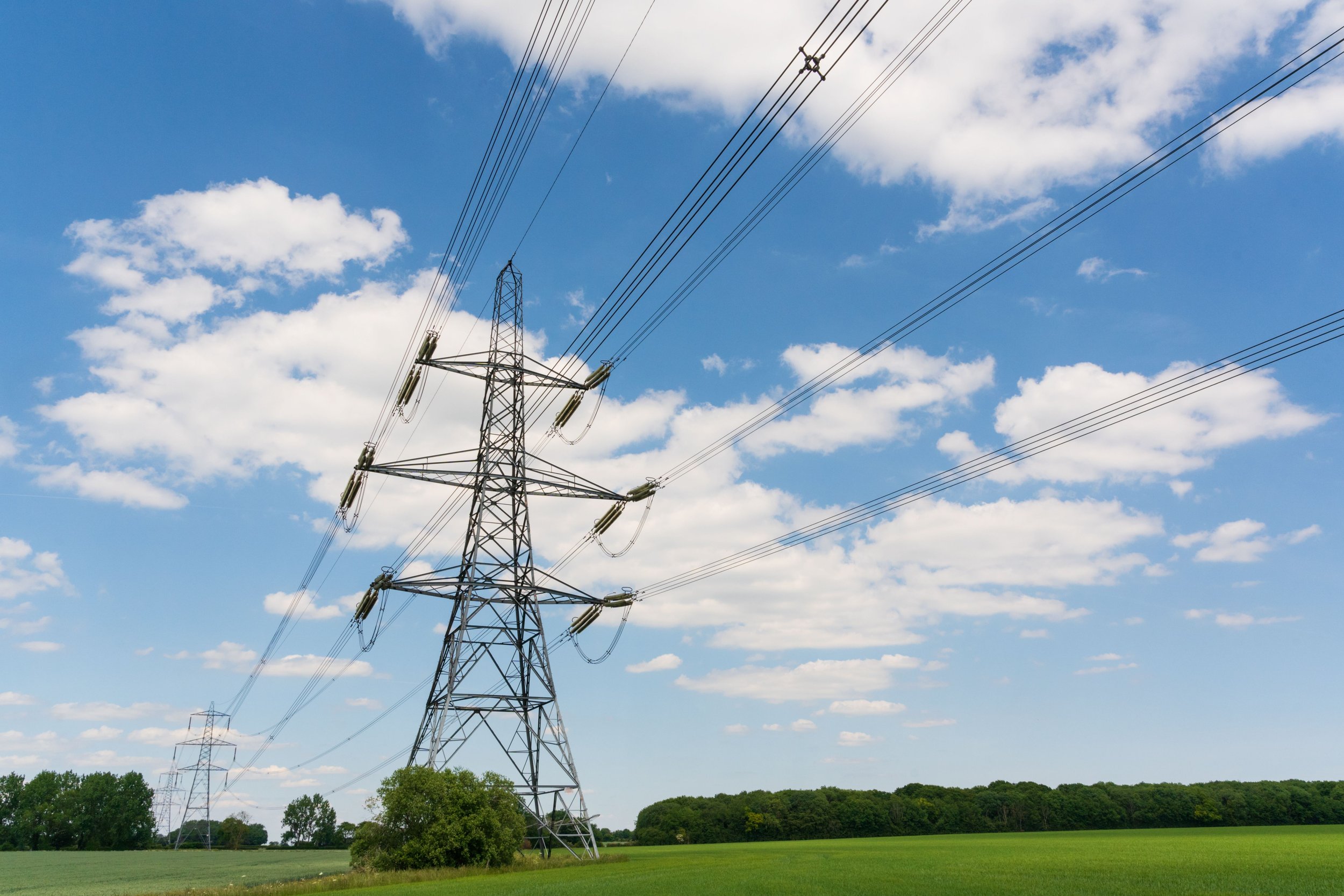New Hampshire’s Municipal Aggregation, Pros and Cons
We are excited to bring you the latest updates on electric municipal aggregation in New Hampshire, a program that empowers our community to take control of our energy sources and potentially save on electricity costs. In this article, we will explain how municipal aggregations work, highlight the pros and cons, and offer a recommendation for setting up a successful program.
How Does Electric Municipal Aggregation Work?
Electric municipal aggregation, also known as community choice aggregation (CCA), allows our community to pool together our electricity demand to secure competitive electric supply contracts. Here's a step-by-step breakdown of the process:
Municipal Decision: Our local government, driven by the goal of providing residents and businesses with lower-cost and cleaner energy options, establishes an electric municipal aggregation program.
Formation of Aggregation: An aggregation is formed, representing all participating residents and businesses. It acts as the negotiating entity to secure favorable rates and terms on our behalf.
Supplier Selection: The aggregation goes through a competitive bidding process to select an electricity supplier or suppliers that meet our community's goals. These suppliers will provide electricity to all participants in the program.
Opt-Out and Opt-In: Eligible electricity consumers that are in a third-party supply do not need to do anything. They remain with the current supplier. Those who are supplied by the utility are automatically enrolled in the aggregation program, but they have the option to opt-out and stay with their current supplier. Residents who initially opt-out may have the opportunity to opt-in at a later date.
Rate Determination: Electricity rates are determined during the supplier selection process, aiming to provide competitive rates compared to default utility rates or other options. Rates may be fixed or variable, depending on the agreement.
Billing and Distribution: The local utility company continues to handle the distribution of electricity and billing processes. Participants receive a single bill, with the supply portion reflecting the rates negotiated by the aggregation.
Ongoing Program Management: The municipality, supported by an aggregation administrator, oversees the program, manages customer inquiries, and ensures the supplier's performance aligns with our expectations.
Pros of Electric Municipal Aggregation:
Cost Savings: Aggregations can negotiate competitive electricity rates, potentially resulting in savings for participants.
Consumer Choice: Participants have the option to choose the aggregation's electricity supply or opt-out and stay with their current supplier.
Renewable Energy Options: Aggregations can prioritize renewable energy, supporting cleaner and sustainable energy generation.
Increased Local Control: Our community gains more control over energy decisions, aligning the program with our goals and values.
Economies of Scale: Aggregating our electricity demand allows for collective purchasing power, enabling better rates and terms.
Cons of Electric Municipal Aggregation:
Limited Supplier Choice: Participants must accept the supplier(s) chosen by the aggregation, limiting individual consumer choice.
Opt-Out Process: Participants must actively opt-out if they prefer to stay with their current supplier.
Rate Volatility: Fluctuations in electricity rates may occur due to market conditions or contract terms.
Administrative Complexity: Implementing and managing the program requires administrative resources and expertise.
Transition Challenges: There may be administrative and logistical challenges during the transition to an aggregation program.
In conclusion, electric municipal aggregation offers several benefits, including potential cost savings, consumer choice, and renewable energy options. However, it's important to consider the limitations and challenges associated with the program. If you are interested in setting up a successful municipal aggregation, we recommend reaching out to Neighborhood Energy's professional team. They can provide the expertise and support needed to navigate the process effectively.


